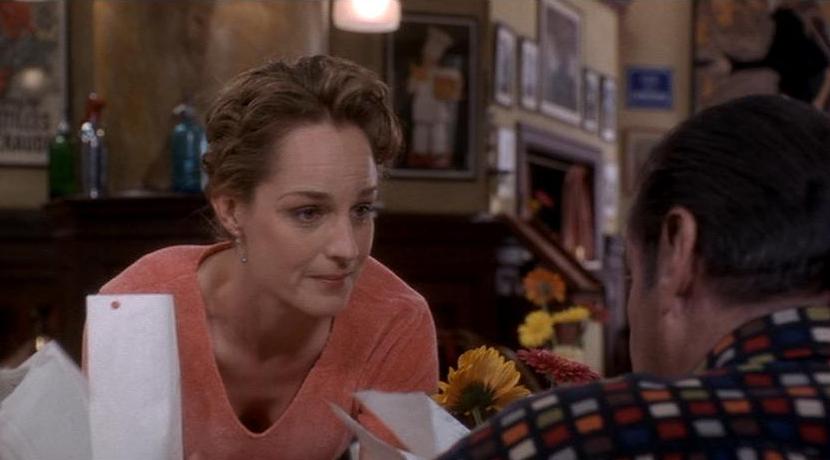| Academy Award Nominations and Winners: |
| Best Picture |
| ★ | Best Actress: Helen Hunt |
| ★ | Best Actor: Jack Nicholson |
| Best Supporting Actor: Greg Kinnear |
| Best Original Screenplay: Mark Andrus & James L. Brooks |
| Best Film Editing: Richard Marks |
| Best Original Score (Musical/Comedy): Hans Zimmer |
|
| Golden Globe Nominations and Winners: |
| ★ | Best Picture(Musical/Comedy) |
| Best Director: James L. Brooks |
| ★ | Best Actress (Musical/Comedy): Helen Hunt |
| ★ | Best Actor (Musical/Comedy): Jack Nicholson |
| Best Supporting Actor: Greg Kinnear |
| Best Screenplay: Mark Andrus & James L. Brooks |
|
| Other Awards: |
| Screen Actors Guild Awards: Best Actress (Hunt); Best Actor (Nicholson) |
| Writers Guild of America: Best Original Screenplay |
| National Board of Review: Best Actor (Nicholson); Best Supporting Actor (Kinnear) |
| Satellite Awards: Best Picture, Musical/Comedy; Best Actress, Musical/Comedy (Hunt); Best Actor, Musical/Comedy (Nicholson) |

